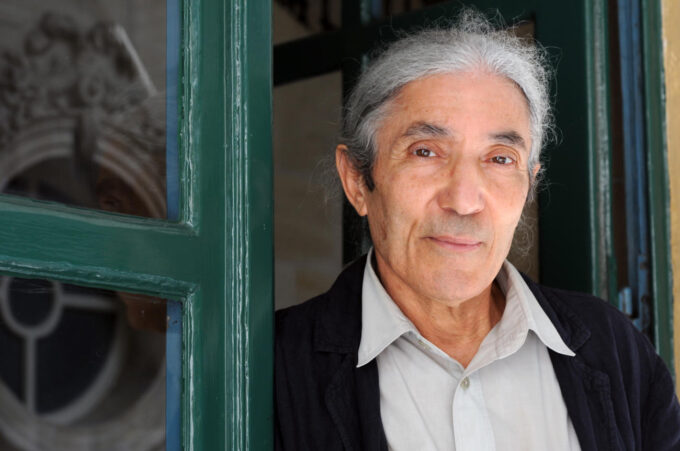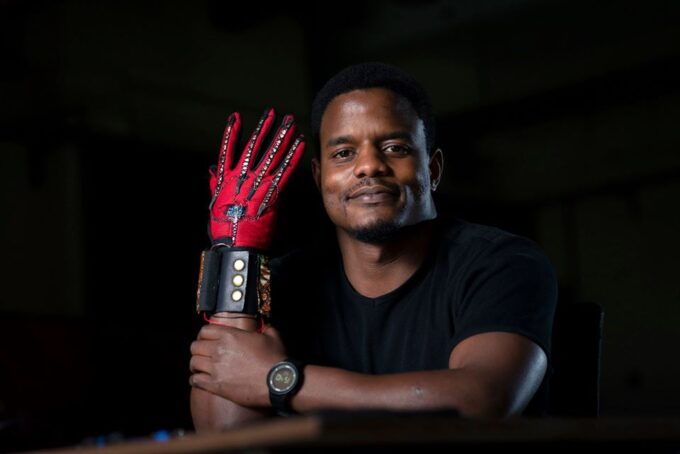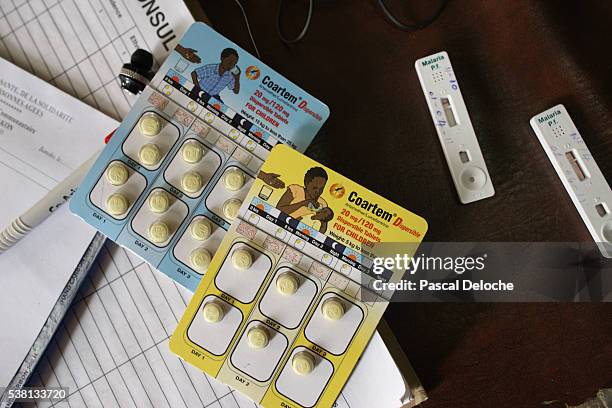In a dramatic turn of events, three Chinese nationals were apprehended in the eastern Democratic Republic of Congo with a staggering haul of 12 gold bars and $800,000 (£650,000) in cash, hidden cunningly under the seats of their vehicle. This operation, disclosed by Jean Jacques Purusi, the governor of South Kivu province, was conducted in utmost secrecy. The arrests were part of a covert mission following the controversial release of another group of Chinese nationals previously accused of operating an illegal gold mine in the same region.
The DR Congo is renowned for its rich deposits of gold, diamonds, and crucial minerals vital for manufacturing mobile phone and electric vehicle batteries. Yet, this wealth has been a double-edged sword, attracting exploitation since colonial times and fueling regional instability for over three decades.
Shockingly, many mines in this area are under the control of militia groups, whose leaders amass fortunes by selling these precious resources to middlemen. Governor Purusi highlighted that some of these dealers have connections with influential figures in Kinshasa, which necessitated the secrecy of this operation. The bust was the result of a tip-off, leading to a thorough search in the Walungu area near the Rwanda border, though the exact quantity of gold seized remains undisclosed.
This incident follows last month’s surprising release of 17 Chinese nationals who were also accused of illegal mining activities but were allowed to return to China. Governor Purusi expressed his dismay, noting that such releases hinder the efforts to cleanse DR Congo’s troubled mineral sector, especially when these individuals reportedly owed the government $10 million in taxes and fines. The Chinese embassy has yet to respond to these serious allegations.
Amidst this backdrop, tensions escalate in North Kivu where Rwanda-backed rebels have recently seized significant territories, adding to the region’s volatility. Concurrently, DR Congo has taken legal action against Apple over the use of so-called “blood minerals”, leading Apple to cease sourcing from both DR Congo and Rwanda. Rwanda, for its part, denies any involvement in the smuggling of these minerals from DR Congo.
The lawsuit filed by the Congolese government paints a grim picture, alleging that minerals extracted from conflict zones are laundered through international supply chains, exacerbating violence, funding militias, and contributing to child labor and environmental ruin.














Leave a comment